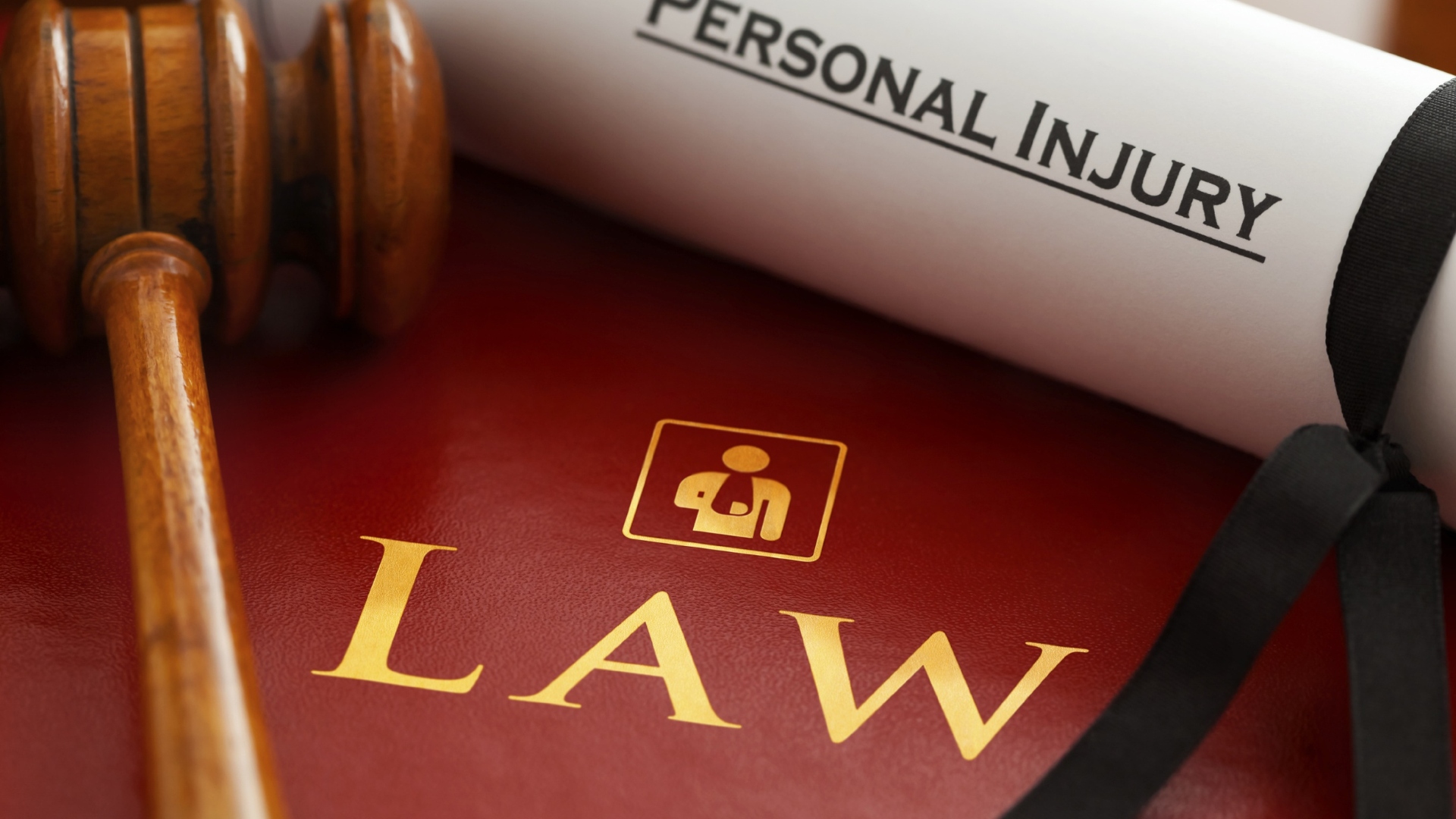
7 Essential Tips for Dealing with a Personal Injury
In our daily lives, accidents and personal injuries can happen unexpectedly, causing physical and emotional distress. Whether it’s a slip and fall, a car accident, or a workplace incident, dealing with a personal injury can be overwhelming. It’s essential to take the right steps to protect yourself, both physically and legally, during this challenging time. In this article, we will discuss seven essential tips to help you navigate through the process of dealing with a personal injury.
Table of Contents
- Understanding Personal Injury
- Seek Immediate Medical Attention
- Document the Incident
- Contact an Experienced Personal Injury Lawyer
- Preserve Evidence
- Communicate with Insurance Companies
- Focus on Your Recovery
1. Understanding Personal Injury
Personal injury refers to any harm caused to an individual’s body, mind, or emotions. It typically occurs due to the negligence or intentional actions of another party. Personal injury law allows individuals who have suffered injuries to seek compensation for their damages and losses.
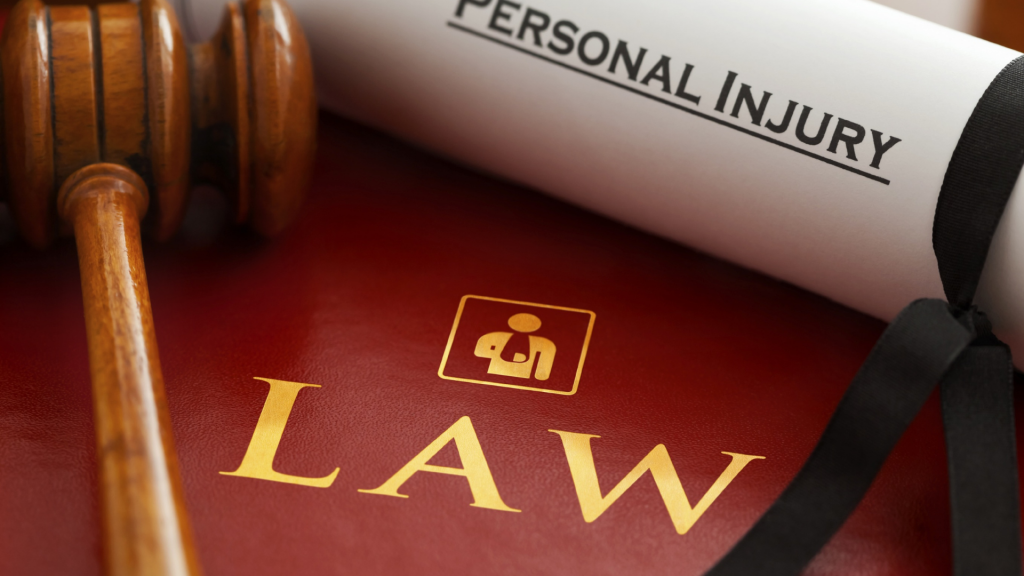
2. Seek Immediate Medical Attention
The well-being of your health should be your top priority after experiencing a personal injury. Even if your injuries seem minor, it is crucial to seek medical attention as soon as possible. Some injuries may not manifest immediate symptoms but can worsen over time. Seeking medical care ensures proper diagnosis, treatment, and documentation of your injuries.
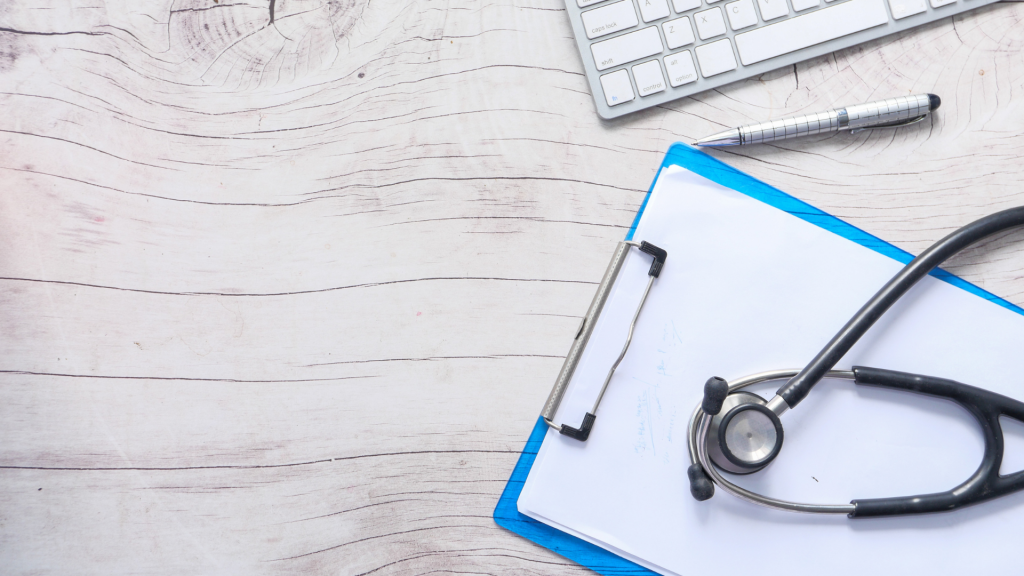
3. Document the Incident
To strengthen your personal injury case, it is essential to document the
incident thoroughly. Take photos or videos of the accident scene, injuries
sustained, and any property damage. Collect witness statements, if possible, and make note of any other relevant details. These records can be valuable evidence when seeking compensation.
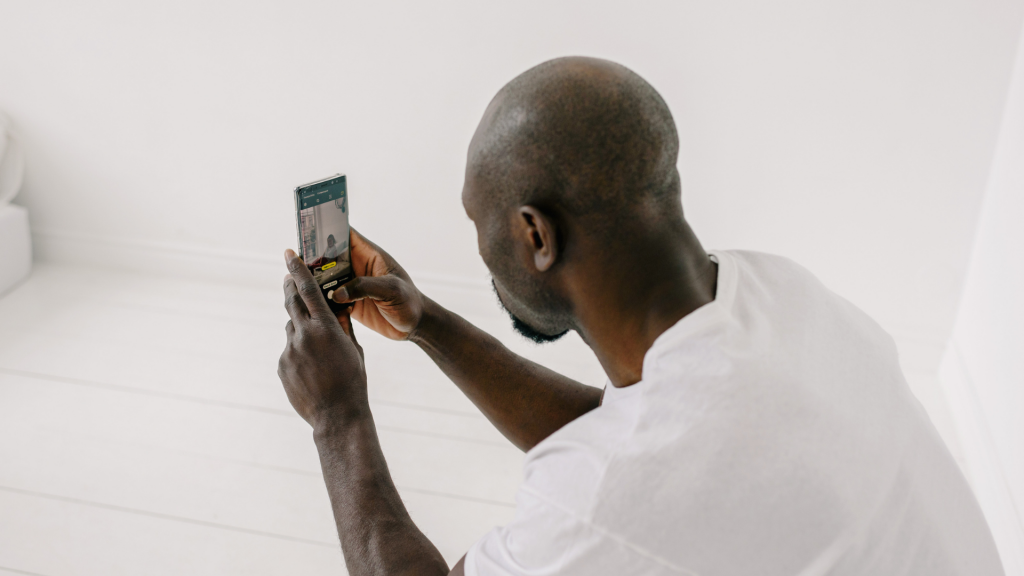
4. Contact an Experienced Personal Injury Lawyer
Navigating the legal aspects of a personal injury claim can be complex. Hiring an experienced personal injury lawyer can provide you with the necessary guidance and support. They will evaluate your case, gather evidence, negotiate with insurance companies, and represent your best interests throughout the legal process.

5. Preserve Evidence
Preserving evidence is critical for building a strong personal injury case.
Keep all medical records, bills, and receipts related to your injuries and
treatments. Additionally, maintain a journal documenting your pain, suffering, and any limitations caused by the injury. This evidence will help establish the extent of your damages when seeking compensation.
6. Communicate with Insurance Companies
Promptly notify your insurance company about the incident and provide them with all the necessary details. However, do not speak with the insurance company for the party at fault without first speaking with a personal injury attorney. It is important to be cautious when communicating with insurance adjusters. Avoid giving recorded statements without consulting your personal injury lawyer, as they can help protect your rights and ensure you don’t inadvertently say anything that could harm your case.
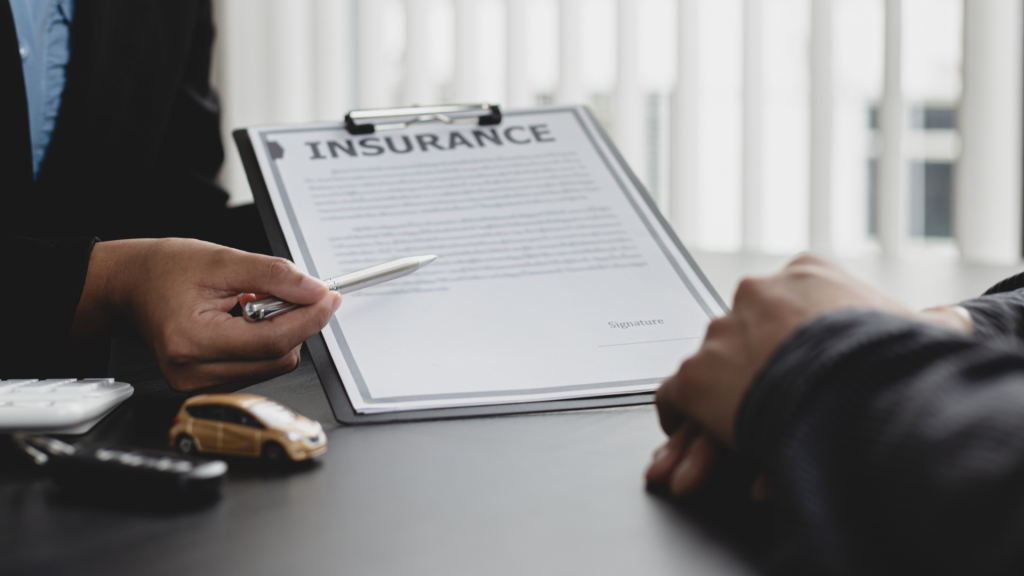
7. Focus on Your Recovery
Dealing with a personal injury can be physically and emotionally draining. It’s vital to prioritize your recovery and well-being during this challenging time. Follow your healthcare provider’s instructions, attend all necessary appointments, and focus on your rehabilitation. By prioritizing your recovery, you give yourself the best chance of healing fully.
Conclusion
Suffering a personal injury can be a distressing experience, but by following these essential tips, you can better navigate the process. Seek immediate medical attention, document the incident, and contact an experienced personal injury lawyer to guide you through the legal proceedings. Preserve all relevant evidence, communicate cautiously with insurance companies, and prioritize your recovery. Remember, each personal injury case is unique, so it’s crucial to consult with professionals who can provide personalized advice tailored to your situation.



